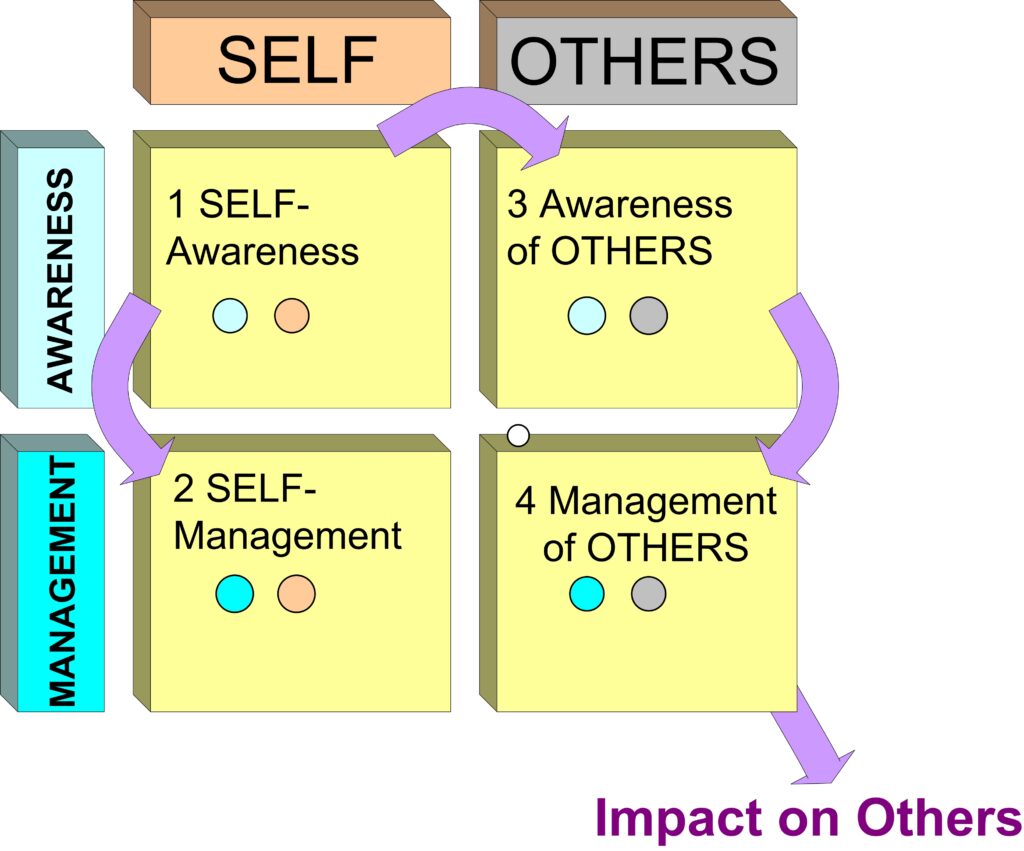
Reduce 35-47% Attrition
Losing new SVP and c-suite appointees, within months of starting their new jobs, is a common and continuing problem globally. The costs, inconvenience, work-culture impacts and embarrassment of having to dismiss them go beyond the direct financial costs.
It’s understood within leading HR and recruitment, that 1-2-1 coaching of these new senior staff can get them up and running faster. The right coach will help them be more flexible in their approach and quicker to gain followship, especially with hesitant staff and resistant work-cultures.
Here I offer tips for HR/Recruitment to make a winning case for external coaching[i] that is success-focused and does not display weakness of the HR/Recruitment function. Also, here are tips for engaging the best coaches; those who will deliver results leveraging very different individual needs, seamlessly.
Continue reading New Senior Executive Failures
